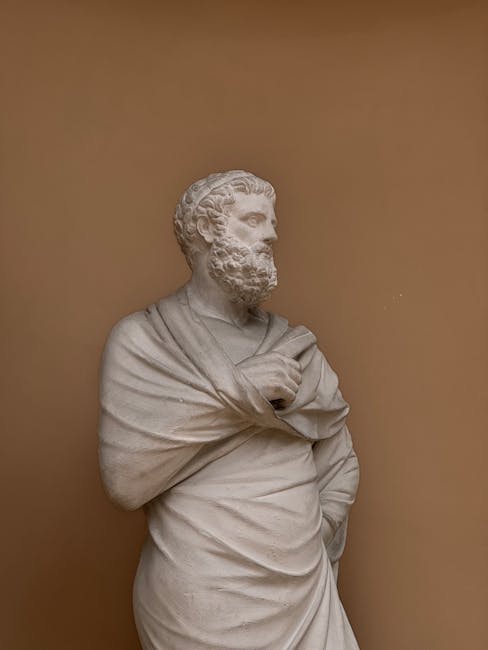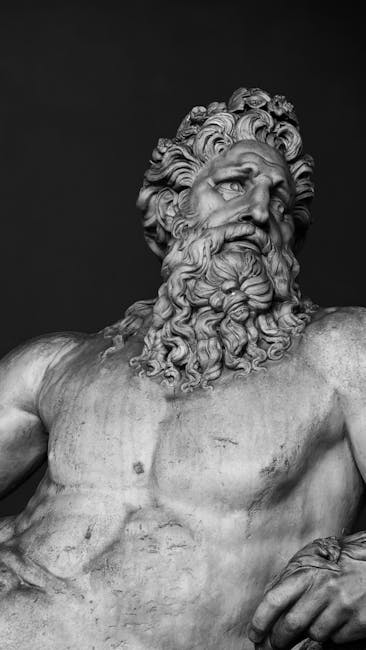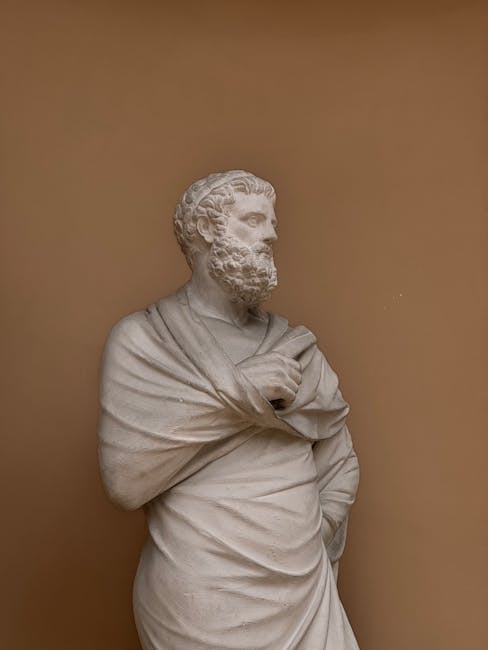Unveiling the Patron Deity of Roman Bakers: A Deep Dive into the Culinary World of Ancient Rome
The aroma of freshly baked bread, a staple in any civilization, held a particularly significant place in ancient Roman society. Beyond mere sustenance, bread symbolized prosperity, community, and even religious piety. But who presided over this crucial aspect of Roman life, this daily miracle of transforming flour and water into nourishment? The answer lies not in a single, easily defined deity, but rather in a complex tapestry of divine figures who, depending on context and regional variations, held sway over the baker’s craft.

The Leading Candidate: Ceres, Goddess of Agriculture
Ceres, the Roman goddess of agriculture, is the most prominent and readily associated deity with baking. Her domain encompassed the entire agricultural cycle, from sowing seeds to harvesting crops, making her a natural patroness of those who transformed the fruits of the earth into edible goods. The grain, the very foundation of bread, fell directly under her purview. Therefore, it stands to reason that bakers would invoke her blessings for bountiful harvests and successful baking.
Images and inscriptions depicting Ceres are often found in Roman bakeries, further solidifying her connection to the craft. Her festivals, such as the Cerealia, were likely occasions for bakers to offer prayers and sacrifices, ensuring continued success and prosperity. The significance of Ceres extended beyond simply providing the raw materials; she represented the very essence of life and sustenance, making her a fitting patron for those who provided bread to the Roman people.

Other Relevant Deities: A Pantheon of Patronage
While Ceres holds the most prominent position, other deities also played roles in the baker’s world. The multiplicity of deities reflects the layered aspects of baking, from the cultivation of grain to the final product’s presentation and consumption.
Fornax, Goddess of Ovens and Baking
Fornax, a lesser-known Roman goddess, specifically presided over ovens and the baking process itself. Her name literally translates to “oven,” highlighting her direct involvement in the transformation of raw ingredients into bread. Bakers would undoubtedly have appealed to Fornax for assistance in maintaining optimal oven temperatures, preventing disastrous burns, and ensuring the bread rose perfectly.
Flora, Goddess of Flowers and Spring
While seemingly unrelated, Flora’s connection to the baker’s craft lies in her association with growth and abundance. A successful harvest depended on favorable weather and fertile land, both within Flora’s domain. Bakers might have invoked her blessings to ensure the success of the grain harvest, thus securing the raw materials for their craft. Moreover, certain breads might have been adorned with flowers, further linking Flora’s influence to the baker’s craft.
Bonus Deities and Practices
Beyond these central figures, Roman bakers likely sought the blessings of various other deities, depending on specific needs and local customs. For example, they might have invoked the gods of fortune or prosperity for financial success or appealed to household gods for protection and good health. The practice of offering libations and making sacrifices to the gods was commonplace, demonstrating the deep intertwining of religious beliefs and everyday life in ancient Rome.
The Significance of Bread in Roman Society
To fully appreciate the importance of the patron deity of Roman bakers, one must understand the centrality of bread in Roman society. Bread was not merely a foodstuff; it was a foundational element of daily life. It served as a marker of social status, with the quality and type of bread consumed reflecting an individual’s wealth and position. Public bread distributions, known as *congiaria*, were a common political tool, used by emperors to maintain popular favor.
The preparation and distribution of bread were large-scale operations, involving numerous individuals in the baking process, from the millers to the bakers themselves. Bakeries were often communal spaces, contributing to the social fabric of neighborhoods. Bread played a vital role in religious ceremonies, offered as part of sacrifices and consumed during religious festivals. The symbolic weight of bread transcended its nutritional value, embedding it deeply within the cultural and religious landscape of ancient Rome.
Conclusion: A Shared Patronage
In conclusion, the idea of a single, definitive patron deity for Roman bakers is an oversimplification. Instead, a pantheon of gods, headed by Ceres and including figures like Fornax and Flora, offered their blessings and protection to those involved in the vital craft of bread-making. The deep-seated religious significance of bread in ancient Roman culture highlights the vital role played by these deities in ensuring the successful production and distribution of this essential staple, reinforcing the profound connection between baking, religion, and daily life in the Roman world. This multifaceted approach to understanding the divine patronage of Roman bakers provides a richer and more nuanced understanding of their lives and the central role of bread in ancient Roman civilization.
Further research into regional variations and specific inscriptions could shed further light on the deities favored by bakers in different parts of the Roman Empire. The exploration of ancient Roman culinary practices continues to fascinate and reveal valuable insights into the rich tapestry of their cultural and religious heritage.


